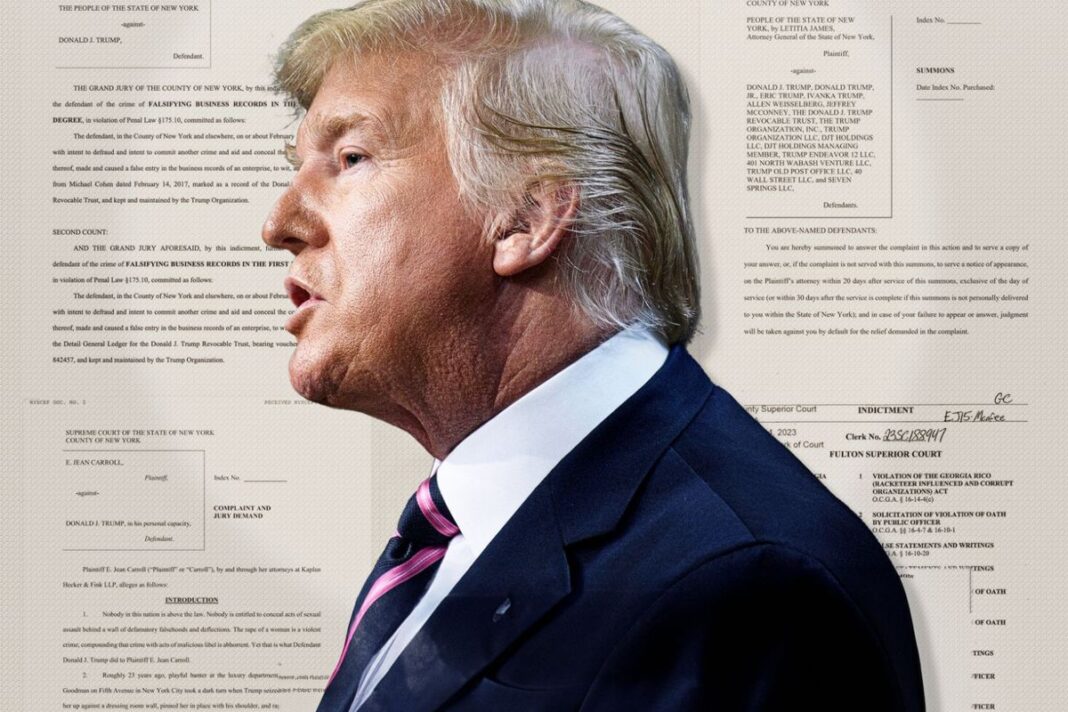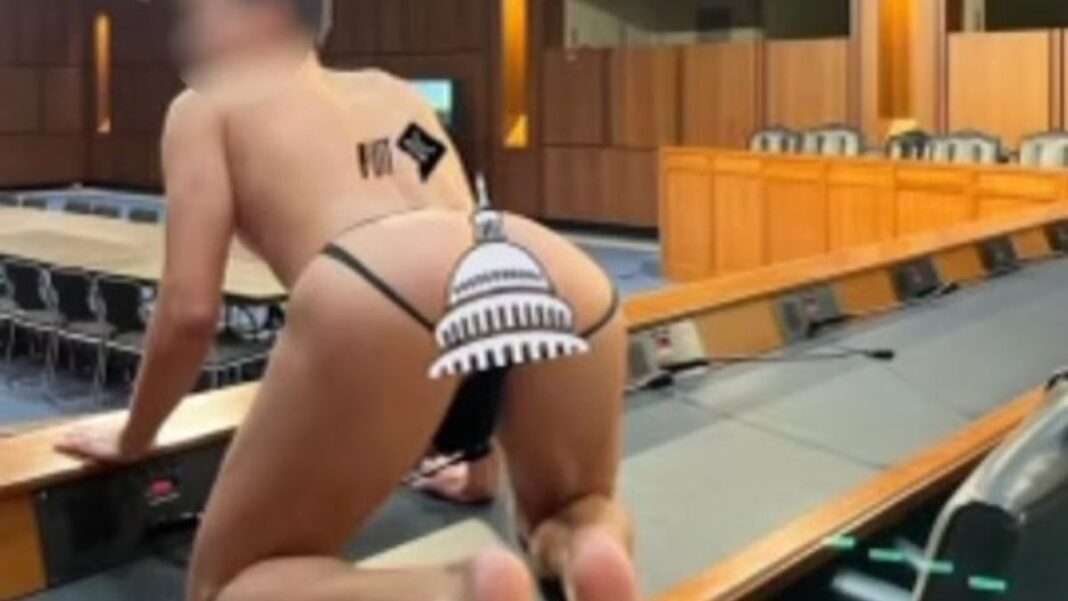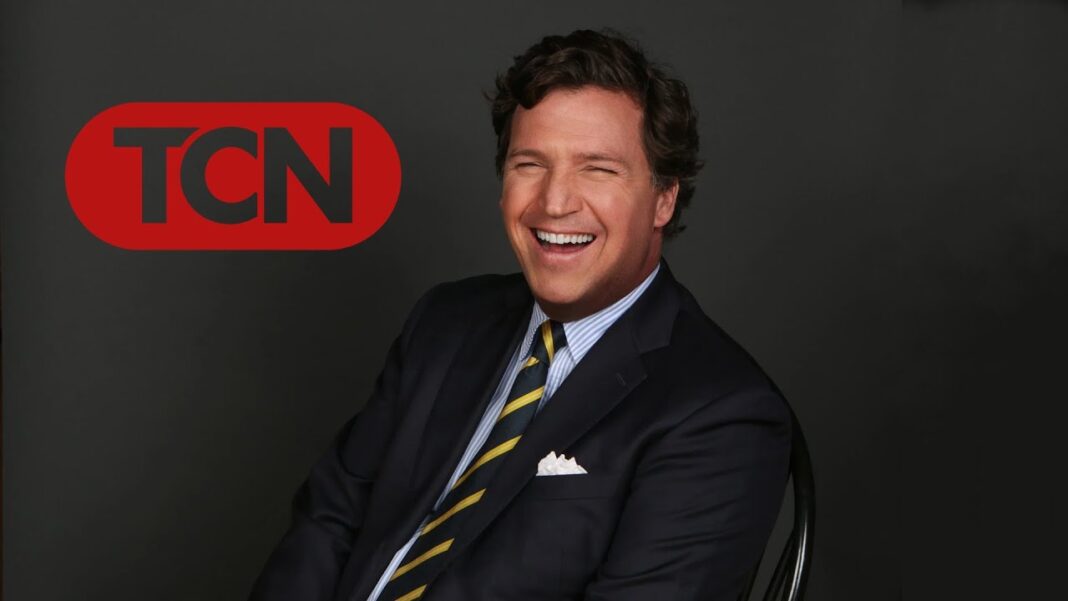4 Indictments and 11 Lawsuits Mapped Out
President Trump faces four charges: one count of obstructing the government, one count of conspiracy to do the same, one count of conspiracy to defraud the government, and one count of conspiracy to violate the voting rights of Americans.
- D.C. January 6 Case
- Mar-A-Lago Case
- Georgia Case
- New York Criminal Case
- New York Civil Case
- January 6 Civil Suits
- E. Jean Carroll Defamation Suit
- E. Jean Carroll Sexual Assault Liability Suit
President Trump mounted a vigorous effort to challenge the results of the 2020 election. He has asserted that victory was stolen from him through fraud and other illegalities.
He and his lawyers pursued several strategies for challenging the election, including filing lawsuits, attempting to convince state and federal officials to launch investigations, arranging alternative electors in several states, rallying supporters, and suggesting the vice president had the power to reject electoral votes from states where fraud was alleged to have tainted the results. None of these pursuits succeeded in overturning the election.
The prosecutors for this case claim the former president also bears responsibility for a riot that occurred during the Jan. 6, 2021, “Stop the Steal” rally at the U.S. Capitol that disrupted the counting of electoral votes by Congress for several hours. They argue that President Trump encouraged the riot by calling for the rally and then telling the massive crowd that had gathered for his speech: “We fight. We fight like hell. And if you don’t fight like hell, you’re not going to have a country anymore.”
President Trump’s lawyers have argued he used the word “fight” in the sense of a political fight. The allegedly incriminating words came at the end of his hour-long speech, while the riot was started by a smaller group of people about 15 minutes before the speech concluded.
Earlier in the speech, the president also exhorted his supporters in the crowd to go to the Capitol and “peacefully and patriotically” make their voices heard.
President Trump’s lawyers have tried to have the charges dismissed, so far unsuccessfully, for encroaching on his constitutional free speech and due process rights and violating presidential privilege, as well as for malicious prosecution and for improperly stretching the law.
Several legal experts told The Epoch Times that President Trump’s best chance to have the charges tossed is at the Supreme Court. At the D.C. Court of Appeals, the possibility is mixed at best, while at the D.C. District Court, his chances are slim.
The judge overseeing the case, U.S. District Judge Tanya Chutkan, previously made statements suggesting that she believes that President Trump should have been jailed for his 2020 election challenge and that the Jan. 6 riot was an “insurrection.” She issued an extensive gag order to bar President Trump from discussing the case in public.
The appeals court circumscribed Judge Chutkan’s order, saying that it breached the defendant’s First Amendment rights. While President Trump hasn’t appealed the order further to the Supreme Court, he did appeal Judge Chutkan’s denial of his motion to dismiss the case on grounds of presidential immunity. The prosecutors have asked for the appeal to be expedited, and President Trump has opposed that request. Other motions to dismiss that have been rejected or may still be tossed by Judge Chutkan aren’t immediately appealable and will need to wait until the case concludes in the district court.
On Dec. 11, the prosecutors asked the Supreme Court to rule on the issue of presidential immunity, a move that could potentially accelerate the case. On Dec. 12, Judge Chutkan granted President Trump’s request to put the case on hold while the appeal of the immunity issue is pending.
By Petr Svab








